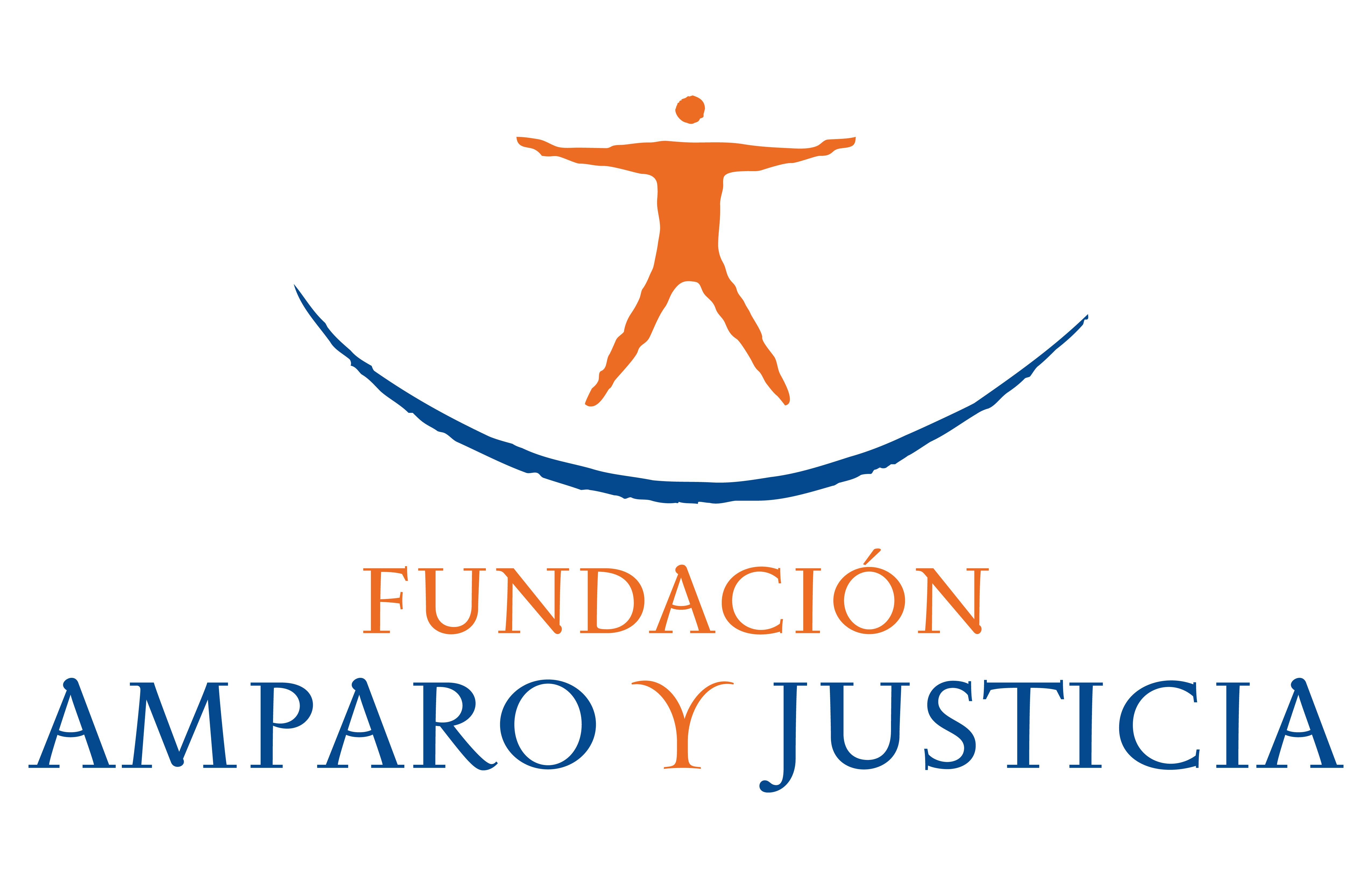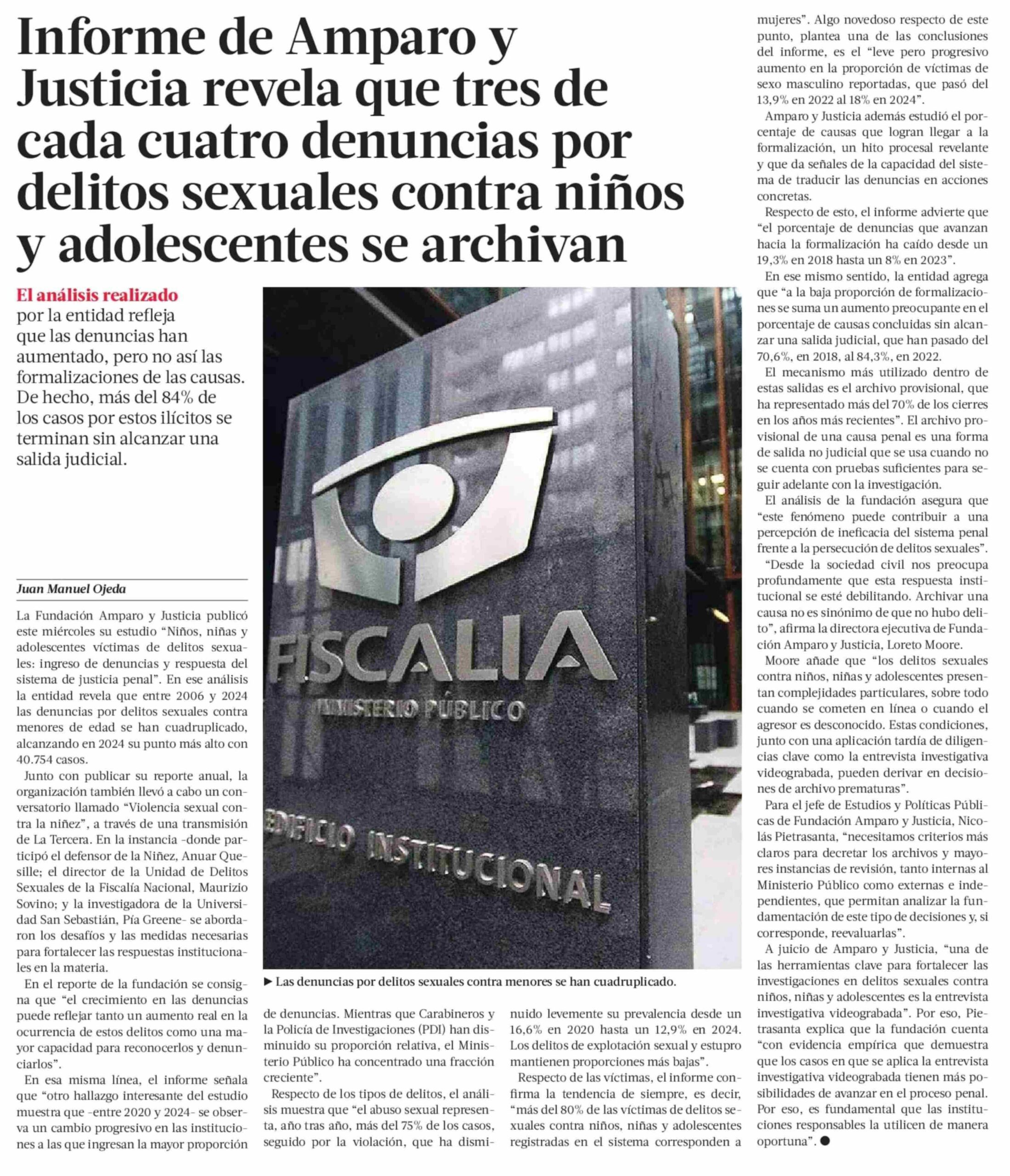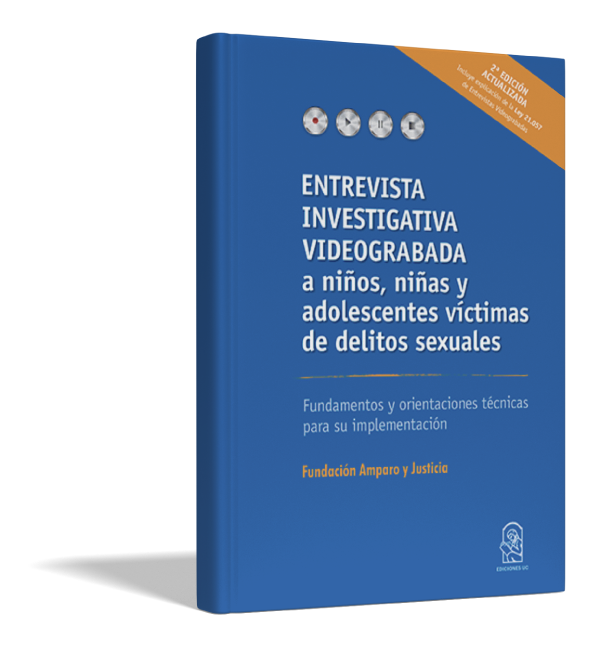The analysis carried out by the organization shows that reports have increased, but formal prosecutions have not. In fact, more than 84% of cases involving these crimes are concluded without reaching a judicial resolution.
By Juan Manuel Ojeda
Fundación Amparo y Justicia published this Wednesday its study “Children and Adolescents Victims of Sexual Crimes: Reporting and the Response of the Criminal Justice System.” In this analysis, the organization reveals that between 2006 and 2024, reports of sexual offenses against minors have quadrupled, reaching their highest point in 2024 with 40,754 cases.
Along with publishing its annual report, the organization also held a panel discussion titled “Sexual Violence Against Children”, broadcast by La Tercera. The event featured Children’s Ombudsman Anuar Quesille, Maurizio Sovino, Director of the Specialized Unit on Sexual and Sexual Exploitation Crimes at the National Prosecutor’s Office, and Pía Greene, researcher at the Center for Security and Organized Crime Studies at Universidad San Sebastián. The panel addressed the challenges and measures needed to strengthen institutional responses in this area.
The foundation’s report notes that “the increase in reports may reflect both a real rise in the occurrence of these crimes and a greater capacity to recognize and report them.”
In the same vein, the report points out that “another interesting finding of the study shows that — between 2020 and 2024 — there has been a progressive shift in the institutions receiving the largest proportion of reports.” While Carabineros and the Investigative Police (PDI) have seen their relative share decrease, the Public Prosecutor’s Office has concentrated a growing fraction.
Regarding the types of offenses, the analysis shows that “sexual abuse accounts for the majority of cases, more than 75%, followed by rape, which slightly declined from 16.6% in 2020 to 12.9% in 2024. Sexual exploitation and statutory rape maintain lower proportions.”
Concerning the victims, the report confirms the longstanding trend that “more than 80% of victims of sexual offenses against children and adolescents are female.” A novel aspect highlighted by the report is the “slight but progressive increase in the proportion of male victims reported, rising from 13.9% in 2022 to 18% in 2024.”
Amparo y Justicia also examined the percentage of cases that reach formal charges, a key procedural milestone that signals the system’s capacity to translate reports into concrete actions.
The report warns that “the percentage of reports advancing to formal charges has fallen from 19.3% in 2018 to 8% in 2023.”
Similarly, the foundation notes that “the low proportion of formal charges is accompanied by a concerning increase in the percentage of cases concluded without reaching a judicial outcome, rising from 70.6% in 2018 to 84.3% in 2022.”
The most common mechanism within these outcomes is provisional case closure, which has represented more than 70% of closures in recent years. “A provisional closure of a criminal case is a non-judicial outcome used when there is insufficient evidence to continue the investigation.”
The foundation’s analysis indicates that this phenomenon may contribute to a perception of ineffectiveness in the criminal justice system in prosecuting sexual offenses.
“From civil society, we are deeply concerned that this institutional response is weakening. Closing a case is not synonymous with the absence of a crime,” said Loreto Moore, Executive Director of Fundación Amparo y Justicia.
Moore adds, “Sexual offenses against children and adolescents present particular complexities, especially when committed online or when the perpetrator is unknown. These conditions, along with the delayed application of key procedures such as the investigative video-recorded interview, can lead to premature case closures.”
According to Nicolás Pietrasanta, Head of Research and Public Policy at Fundación Amparo y Justicia, “we need clearer criteria for closing cases and more review mechanisms, both within the Public Prosecutor’s Office and through external, independent channels, to assess the rationale for such decisions and, consequently, reconsider them.”
Amparo y Justicia considers that “one of the key tools to strengthen investigations of sexual offenses against children and adolescents is the investigative video-recorded interview.” Pietrasanta explains that the foundation has “empirical evidence showing that cases in which the investigative video-recorded interview is applied are more likely to advance in the criminal process. Therefore, it is essential that the responsible institutions use it in a timely manner.”






